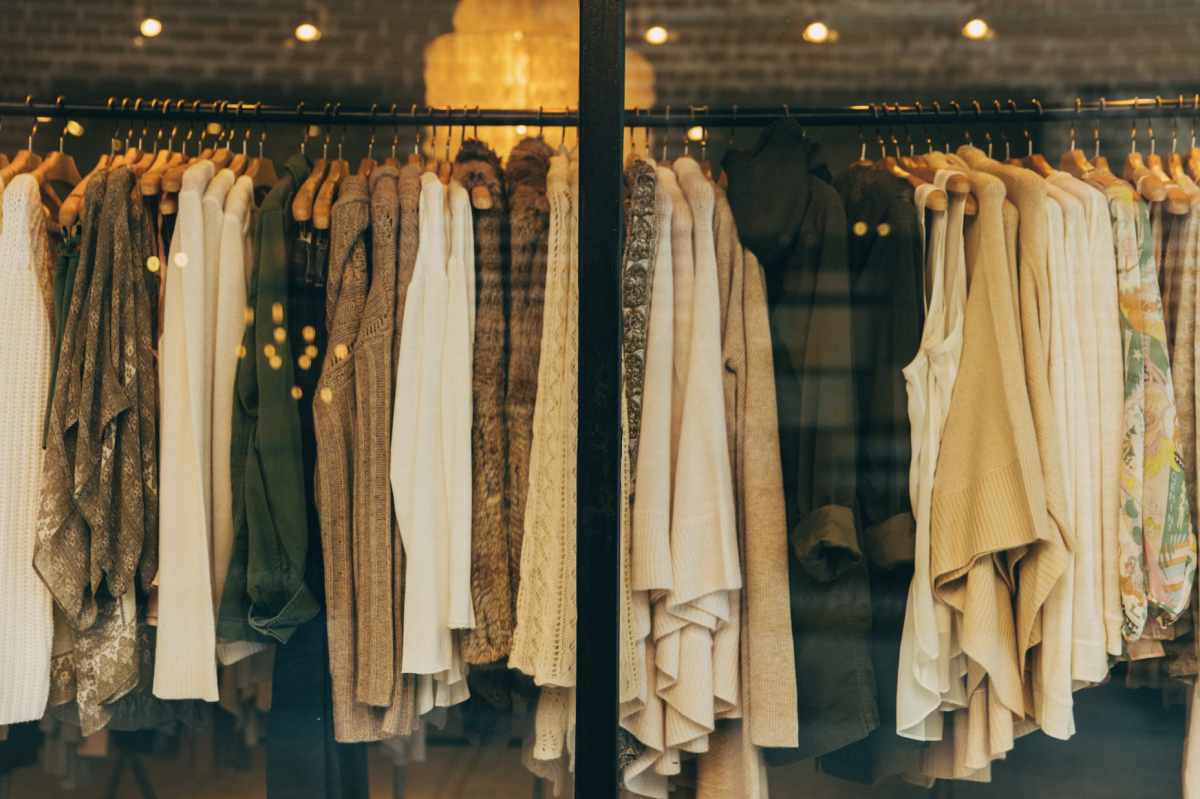As a college student simply trying to earn a degree or even just obtain the “college experience,” it’s so easy to throw on a pair of sweatpants and a sweatshirt and call it a day. I would be a hypocrite if I said I’ve never fallen victim.
This attire is so convenient, especially for those annoying 8 a.m. classes you have to drag yourself to. But this year, I challenge you to put a little effort into what you wear — you’ll find it has excellent benefits.
Something I’ve noticed recently is how casual we’ve become. Where’s the fun in wearing pajamas to class if you could wear something representative of your personality instead?
Now, I’m not saying that you have to be extremely put together every single day; that’s simply unrealistic. Instead, if you find yourself wearing sweats every day, try to switch it up. Wake up a little earlier and take the time to look nice.
If you wake up a bit earlier for class and take time to pick out what you’re wearing rather than grabbing clothes off your floor, you’ll notice how much more confident and put together you feel. Beyond how it makes you feel, how we dress affects how others perceive us via the halo effect.
Studies show that when people’s images are “beautified” (for example, filters), observers rate them significantly higher in intelligence, trustworthiness, sociability and happiness. This carries over to the way you dress. In a world that loves stereotypes, how you dress and put yourself together in the morning impacts how others see you, whether or not it’s fair.
On a practical level, pretty‑privileged individuals — in this instance, those wearing nicer clothes — are more likely to be hired, promoted and paid more, even when other qualifications are equal. This advantage compounds career opportunities and social capital, making it not a superficial concern, but a real asset.
Dressing well also influences your internal psychological experience. When you look the part, you feel more confident and tend to act accordingly. One synthesis of studies argues that donning refined clothing encourages individuals to rise to that level of poise and ambition. This shift aligns your external presentation with your internal identity.
Moreover, negative appearance judgments, not only from others, but also your perception of them, can increase stress, and we certainly do not need added stress as college students. Those who feel judged for how they look exhibit higher cortisol responses during evaluative situations and report more depressive symptoms over time. This furthers the importance of taking control over your image to minimize stress.
Effort in the way you dress isn’t vain; it’s strategic.
It makes you feel better, affects how others see you and can reduce anxiety. You do not need to dress to the nines every day. Just give it a shot. See how it makes an impact in your daily life.
Lauren Douda is a sophomore English and secondary education major from Lexington, South Carolina. Lauren can be reached at [email protected].
















